With more people reading manga and Webtoons (aka vertical scroll comics) than ever before, The Beat’s Bizarre Adventure gives three writers an opportunity each week to recommend some of their favorite books and series from Japan, Korea and elsewhere. This week we have moms, amnesia, and, of course, “life hacks.”
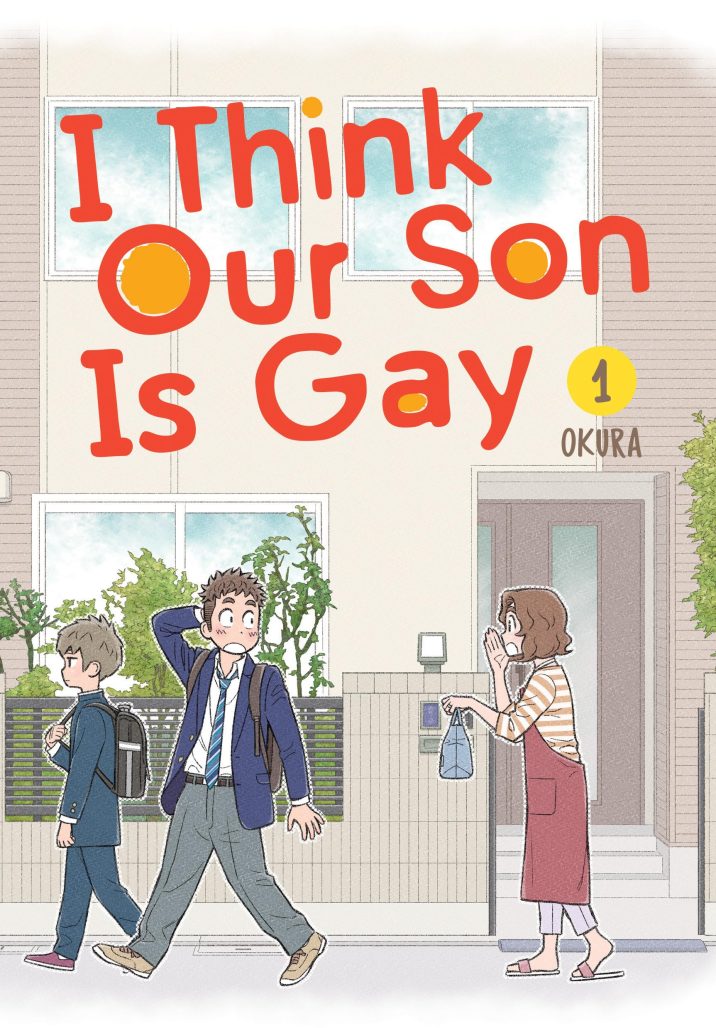 Version 1.0.0
Version 1.0.0I Think Our Son is Gay
Writer/Artist: Okura
Translator: Leo MccDonagh
Lettering: Lor Prescott
Cover Design: Andrea Miller
Editor: Tania Biswas
Publisher: Square Enix
Okura previously drew the slice-of-life LGBTQ+ manga That Blue Sky Feeling. Her next series, I Think Our Son is Gay, tells a similar story from a mother’s perspective. Originally a self-published manga on X (formerly Twitter), it consists of short chapters and is a breeze to read. But first, a summary is due.
The Aoyamas are a traditional nuclear family. The father Akiyoshi travels away from home for his job. His wife Hiroko works part-time while taking care of the kids. Their older son Hiroki has just started high school and is excited for this new phase of life. After spending long periods of time with him at home, though, Hiroko can’t help but notice his “fondness” for his close friend Daigo as well as the male celebrities he sees on TV. She guesses Hiroki might be gay, but wants her son to open up to her on his own terms.
I Think Our Son is Gay is like a missing puzzle piece. It’s an LGBTQ+ manga and not in the Boys’ Love genre, so the focus is on Hiroki’s identity rather than romance. By telling the story through Tomoko, Okura highlights the prejudices, microaggressions or assumptions that heterosexual people have towards queer people. They do so in a kind, meaningful, and fun way. While a character’s questioning and learning process might make the reader feel like they’re sitting in on the Gender 101 class, Okura keeps it casual and avoids being preachy.
“Fun” is the other key element that makes the series essential for me. I understand the importance of art that portrays LGBTQ+ people’s struggles and serves a cathartic purpose for the artist and reader alike. But we also need queer comics that find time for the joyous little moments in our everyday lives. The importance of celebrating life can sometimes escape us in the face of recent events. I Think Our Son is Gay keeps the tone light without watering down the portrayal or the importance of people and their identities.
The series is completed with 5 volumes in total, available both in print and digitally. I also recommend you check out this interview with the creator on Crunchyroll. A must-read! — Merve Giray
Omnipresence
Writer/Artist: Cerebroheart
Platform: WEBTOON, Comicfury
This is a series I’ve been wanting to spotlight on The Beat for a long time. Omnipresence is a 2020 psychological thriller drama that is currently on hiatus. It’s about Delilah Zhang, a teenager who is missing eight years of her memories in a world filled with super-powered individuals. She lives with her brother, Elijah, her older sister, Iris, her large fluffy dog, Arlo, and her mother who is a shell of her former self.
The plot’s main focus is Delilah pushing through her reality-bending headaches to fill missing gaps in her memory. The small fragments of those memories she finds just leave her and the reader with even more questions. Who is her father? How did her mother become bedridden? Why are Delilah’s memories missing in the first place?
The story is further carried by Cerebroheart’s amazing illustrations. You can tell how much thought they put into the designs, style and panel layout. There’s a wide variety of art in this series: from de-saturated film grain with visual static to emphasize the state of Delilah’s memories, to bright, harsh colors with chromatic aberration for when we delve into her psyche and mind-state. These are contrasted with the lush, vibrant colors of the physical world.
The character designs have a fluid, almost animated quality in terms of how they are lined and colored. Rather than the manga/anime inspired style common to webtoons, it looks more like a Western cartoon. Cerebroheart has a BFA in animation and has done raster and vector-based design work for other comics. They have also been credited as letterer and even as editor. So they have quite the range!
Omnipresecence’s character designs are all easily recognizable. Delilah with her very bright red hoodie and brown hair covering most of her face, save for the other half being exposed. Another standout design is the spider-girl Eloise, whose hair resembles the large fangs of a tarantula. She wears a simple hat with her dark eyes visible.
While the series is currently on hiatus, Cerebroheart does plan to continue Omnipresence. They are writing and drawing new episodes at their own pace. In the meantime, I really do suggest people give this series a read. It’s a visual treat with a ton of potential. There’s even a cameo for one of my own characters, La Tarantulavispa! — Justin Guerrero
Bug Ego
Writer: ONE
Artist: Shitara Kiyoto
Translator: Jan Mitsuko Cash
Lettering: Finn K.
Platform: VIZ
Few creators can consistently redefine the boundaries of storytelling quite like ONE. The mastermind behind One Punch Man and Mob Psycho 100 returns with Bug Ego, a manga that blends psychological intrigue, existential musings and absurd humor. Illustrated by Kiyoto Shitara, Bug Ego began serialization in Ultra Jump in October 2024. Its unique premise has already captivated readers worldwide.
Bug Ego follows Hitsujiya, a well-meaning high school transfer student who takes it upon himself to help his socially awkward classmate, Kokudo, navigate the complexities of life. But things take a surreal turn when Kokudo introduces Hitsujiya to “hacks”—not just clever tricks, but reality-warping glitches that defy the laws of the universe.
What makes Bug Ego so compelling is its ability to make the reader question everything. The dialogue is filled with philosophical undertones, subtly exploring concepts like free will, purpose, and the absurdity of life itself. It keeps you asking questions, like: “What is the purpose of this hack?” or “Why is there something like this?” Bug Ego suggests that perhaps life has no inherent purpose other than what we give it—just as Kokudo states, “Trying to figure out hacks is futile; there is no rhyme or reason to them.”
One particularly striking moment occurs in chapter 2. Kokudo discusses lucid dreaming, a “hack” that allows one to control the dream world. “If you get the steps wrong or your imagination is not powerful enough, you will only get plain nightmares,” he warns, setting up a mesmerizing sequence that transports the reader into an unpredictable, dreamlike reality. These moments make Bug Ego feel like a twisted blend of Alice in Wonderland and Gintama, combining whimsical nonsense with existential dread.
The art by Kiyoto Shitara is another highlight. The exaggerated, dynamic visuals evoke the spirit of JoJo’s Bizarre Adventure, while the chaotic panel layouts amplify the story’s unpredictability. The bizarre and over-the-top expressions make even the strangest scenarios feel grounded in emotion, adding to the manga’s unique charm.
I am just a few chapters in, but I can tell that Bug Ego is a must-read for fans of unconventional storytelling. It’s a mind-bending ride through absurdity and philosophy. If the early chapters are anything to go by, we’re in for something truly extraordinary. — Ilgın Side Soysal
Follow Beat’s Bizarre Adventure to get weekly manga and webtoon recommendations!


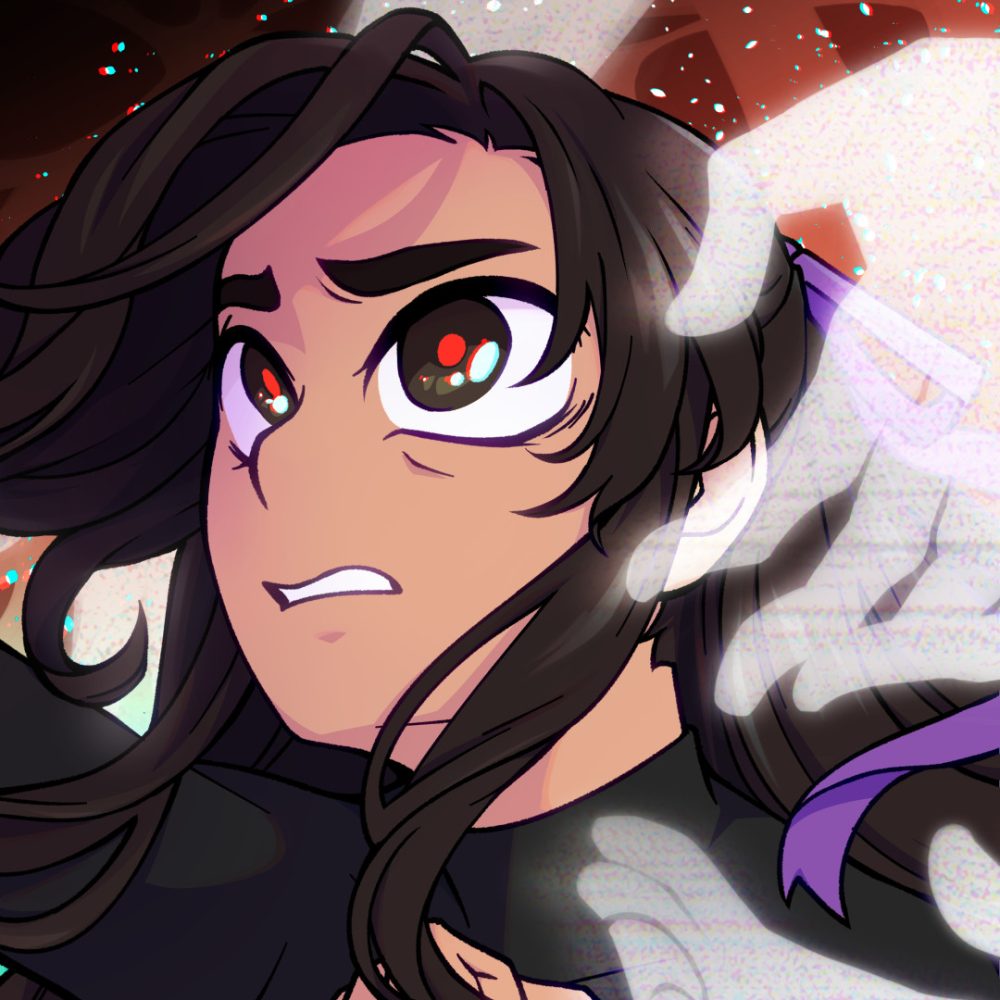
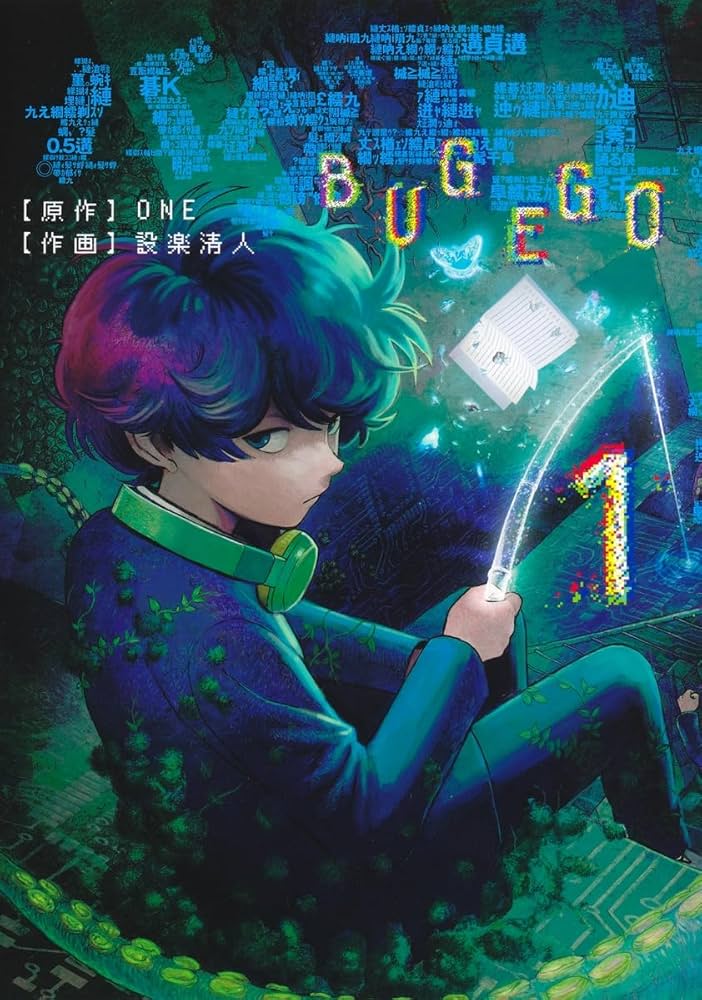



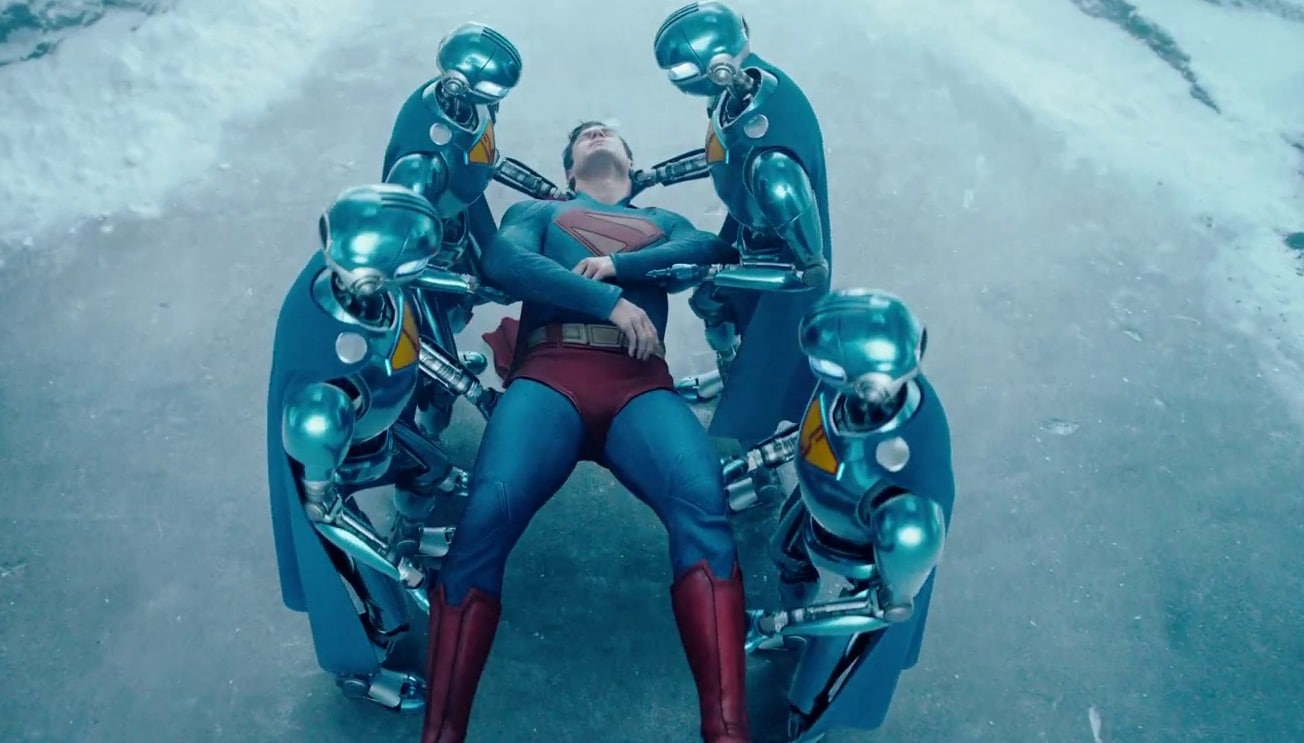
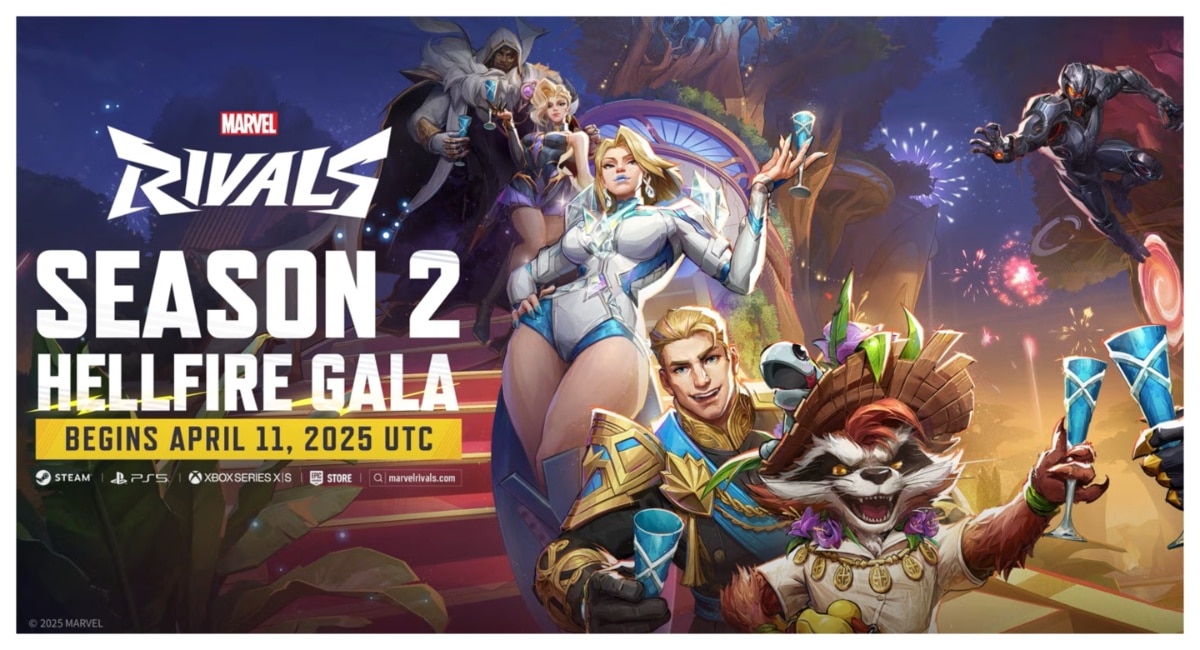


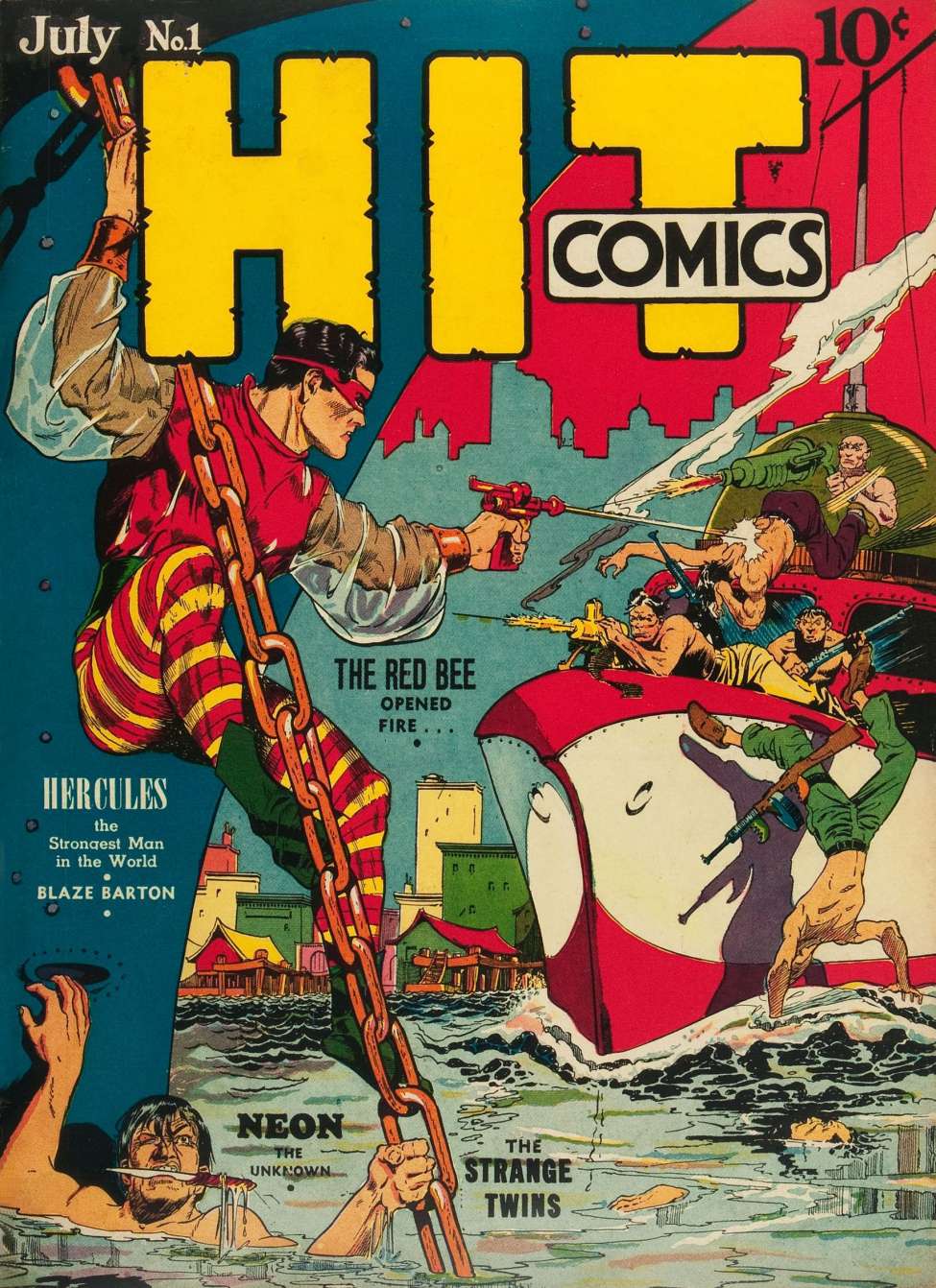

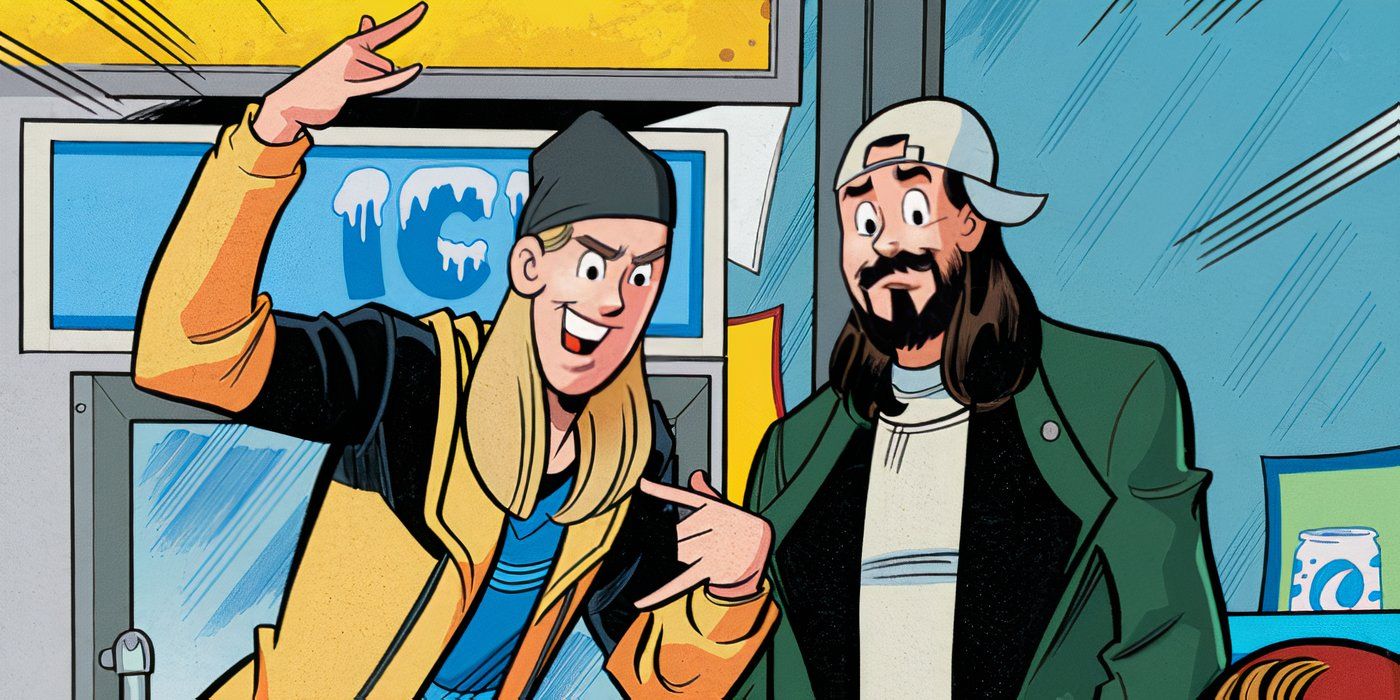


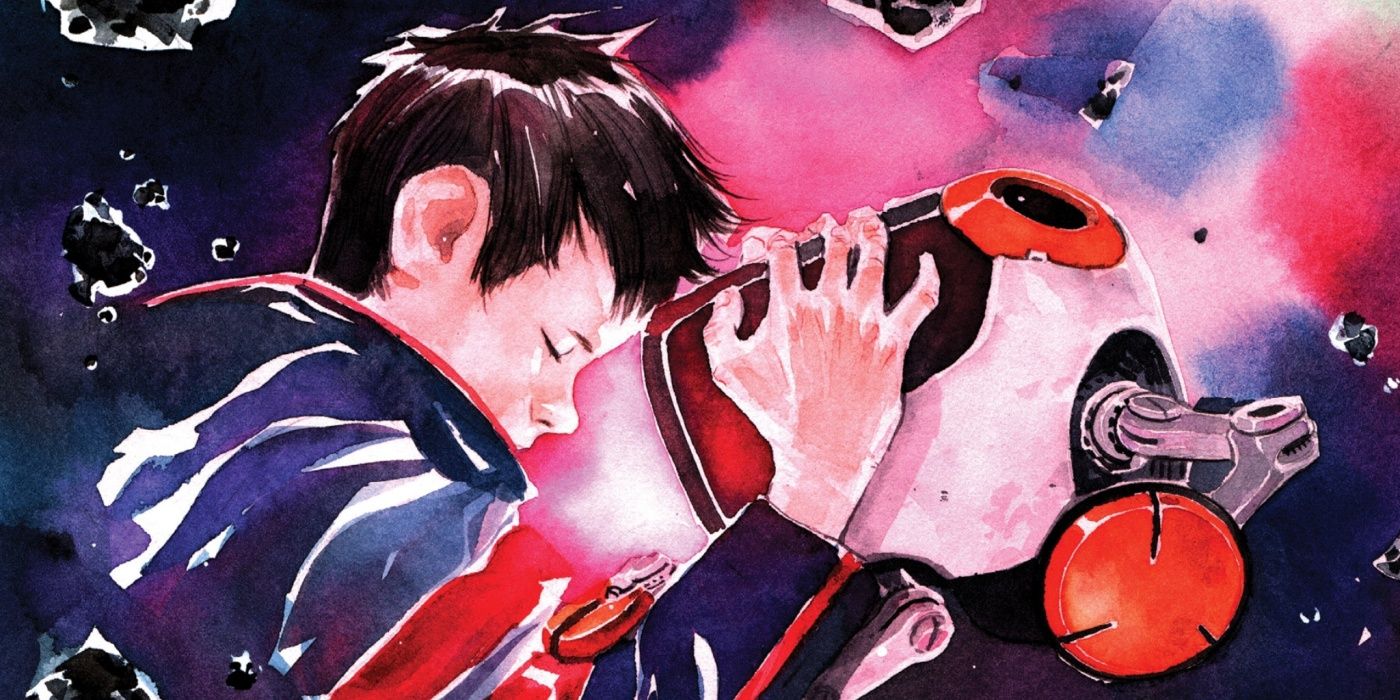

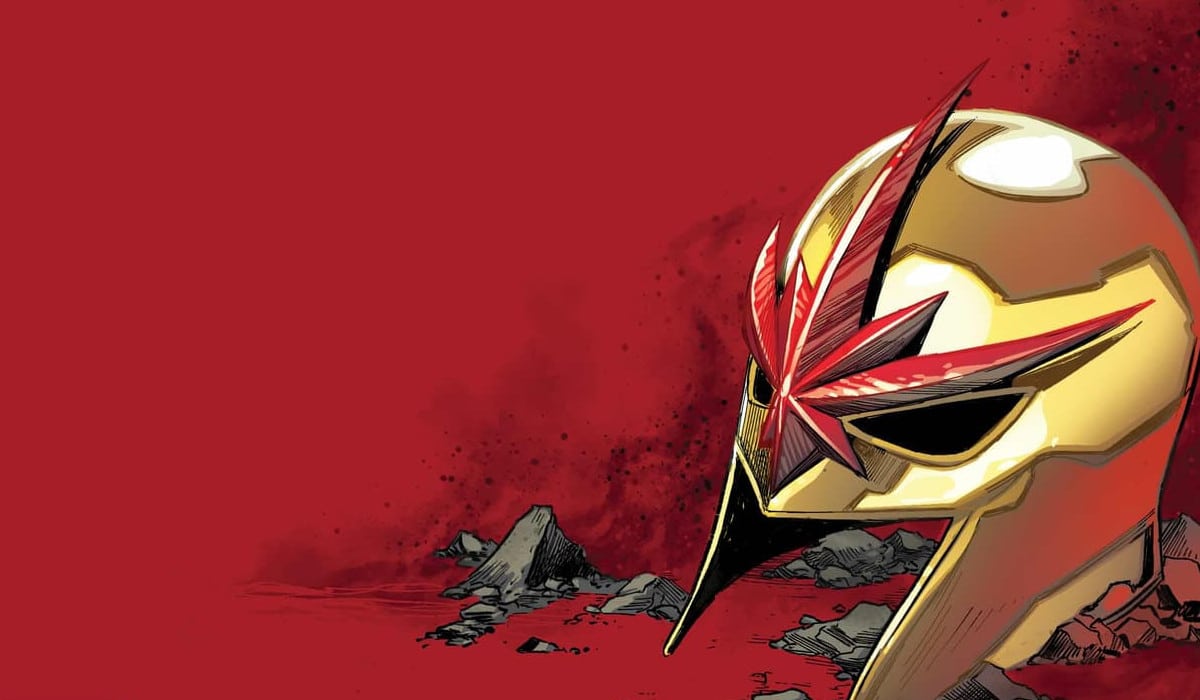
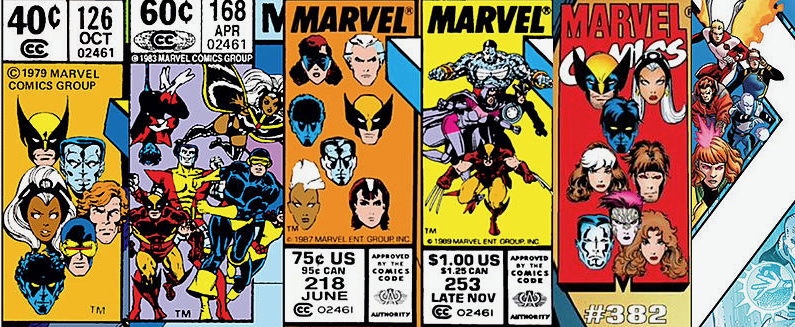


 English (US) ·
English (US) ·